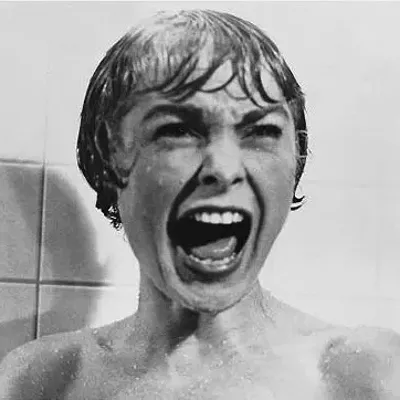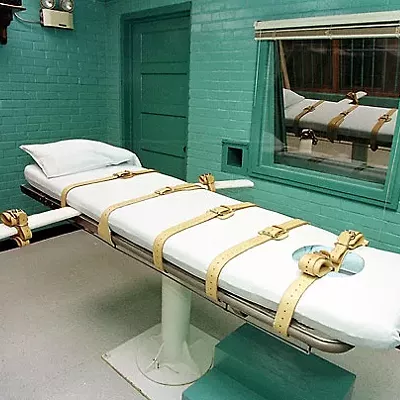Thursday, January 8, 2015
What Empire gets about narrative stakes
Empire, a FOX melodrama about the behind the scenes hip-hop Empire Entertainment label, premiered last night to killer ratings. That’s good, because along with continuing this year's trend of broadcast TV kicking prestige cable’s lily-white ass in racial diversity, Empire is brimming with potential.
That’s because it understands how to establish stakes.
Stakes are the essential fuel of drama. You can have sparks from great acting and kindling from a killer premise – but without those ongoing stakes a show burns out quickly.
But — and this is what, say, most Marvel superhero movies don’t understand — stakes aren’t about the possibility the universe might be destroyed. They aren’t about nuclear bombs or magic cubes or presidential campaigns. Stakes don’t necessarily come out the barrel of a gun or at the end of a fist.
They’re about desires and fears. What does a character really, really want really really badly? How much ambition does she have to achieve it? What does she fear will happen if she doesn’t get it?
It’s why the tension in Coach Taylor’s marriage on Friday Night Lights matters so much more than the out-of-nowhere murder in Season 2. It’s why in Parenthood, Max’s obsessive campaign to bring Skittles to the middle school vending machine feels so much higher-stakes than his mother’s half-assed mayoral campaign. It’s not that the candy selection at Cedar Knoll Middle School is objectively more important than the leadership of the entire city of Berkeley. It’s that Skittles matter so much more to Max.
Stakes come from characters, not facts.
Empire implicitly gets that. Drenched in egotism, the lighting, cinematography, constant music and every melodramatic line of dialogue drives home how much each character cares about their goals.
Halfway through the pilot, Empire Entertainment CEO Lucious Lyon, announces to his family and executive that he’s dying of ALS (despite the Ice Bucket challenge) and one of them will have to take over after his death. And so, like the princes of yore, there’s a dynastic struggle for the throne. Business and family and prestige are the same sort of stakes that powered a soap opera like Dallas. And they work just as well here.
New York Times columnist Ross Douthat has made the argument several times that, because of the lack of consequence for breaking social mores these days, modern realistic fiction struggles to capture the drama of, say, Anna Karenina. But Empire gets around that with its setting: In the music industry, image is still everything, and everything speaks to your image.
And the industry is dying. The empire of Lucious is in its twilight years. As the family fights for control, they’re fighting over dwindling scraps. To that add deep veins of anger running through their relationships. And to that add the context of racism, greed, violence, desire, and homophobia.
Empire’s not perfect. The final scene ends with a murder of a barely established character, exactly the duller sort of stakes the show’s avoided elsewhere. The flashbacks are didactic, sometimes painfully cheesy.
But as flawed as the flashbacks are, they pound home character ambition – and not just for corporate power, but for love, acceptance, revenge, and all those classic dramatic elements. Empire’s success will depend on whether it can stoke the fire of those ambitions, and keep tossing fresh stakes on the flames.




















